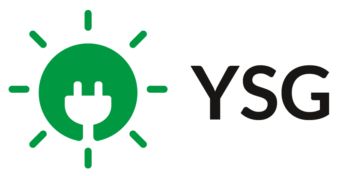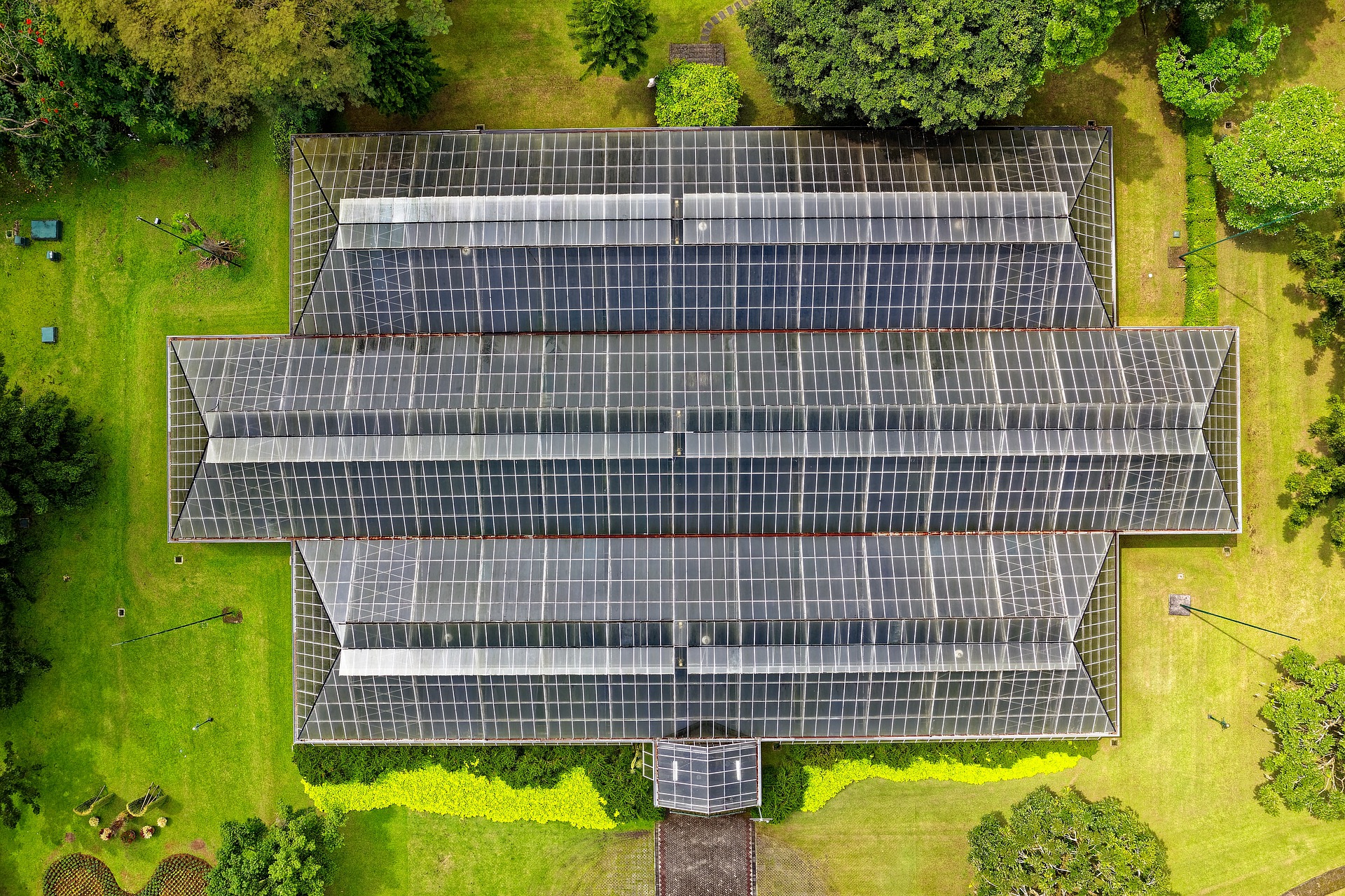A solar land lease is a simple way to generate additional revenue with minimal effort on the part of the landowner. If you’re interested in putting your spare land to use and earning some extra money, finding a reputable, experienced solar developer is a key step in the process. Before you commit to a solar land lease, or a specific developer, it’s important that you fully understand the terms and conditions of the solar land lease. The easiest way to obtain this information from your developer is, of course, to simply ask them. With this in mind, there are some important questions that every landowner should ask their solar developer before going ahead with a solar land lease.
Have you worked in this state before and can you provide references to show this?
If you’re entering into a solar land lease agreement, you want an experienced solar developer handling the project. Ideally, you want a developer with a record of building solar projects in your state. Ask your solar developer for details of other projects they have completed in the area and, if possible, testimonials from these other landowners. In addition, ensure that your developer is a member of the Solar Energy Industries Association (SEIA) and contact the Better Business Bureau for details of other completed projects.
Which exact portions of the land are being leased, and how will this impact the rest of my land?
It’s likely that only some of your land will be suitable for a solar land lease, or that you only wish to lease a specific portion of it—so make sure the leased area is clearly identified for all parties. Additionally, the construction, operation, and maintenance of a solar farm may impact your non-leased surrounding land. Ensure that the solar farm doesn’t interfere with plans for your other land or disturb other activities (agriculture for example) that may be occurring there.
How long is the solar land lease?
Something of an obvious question, perhaps, but an important one nonetheless. Clearly establish the length of your solar land lease with the developer. Many solar land leases will have an option to extend the lease for additional years following the completion of the original lease, so inquire as to whether this is the case for your land lease. Also ask who is responsible for removal of the solar panels upon completion of the land lease.
How is rent calculated? What about tax payment?
There are a number of different methods used to calculate annual rents for solar land leases.
- Amount of Acreage: The rent is determined by the number of acres leased by the solar developer.
- Amount of Power: The rent is determined by the system’s power, measured in megawatts (MW). In this scenario, ask what are the minimum and maximum potential system sizes for your land.
- Base Rent + Percentage of Revenue: This is a higher risk/higher reward option than the prior fixed-rate lease options. The base rent in this scenario will be lower than a fixed-rate rent because of the potential for higher percentage revenue earnings from a successful project.
Ask which method your solar developer will be using for the project and if the rent will increase at intervals throughout the lease. Additionally, there will be tax liabilities and other expenses associated with a solar farm and you should ask who is responsible for these taxes and expenses.
Who is responsible for maintenance of the land housing the solar farm?
The land will require a level of maintenance separate to the O&M of the solar panels themselves, so ask who is responsible for this maintenance. Items to bring up with your solar developer include:
- Drainage
- Vegetation
- Wildlife
- Buffer Zones
- Fire Safety
Who holds the rights to the land’s natural resources?
If your land provides water, minerals, or any other natural resources, it is important to establish that you, the landowner, hold exclusive rights to these resources. In the case that the developer seeks access to water on your land throughout the course of the solar project, just be sure to negotiate compensation for this water access ahead of any lease agreement.
These are just some of the key questions to ask your solar developer before any solar land lease is agreed. Additionally, you, the landowner, may want to seek out legal and/or taxation advice ahead of the project to ensure that everything is in order. For most questions, however, the best port of call remains the solar developer.
YSG Solar is a project development vehicle serving multiple states across the US including:
- New York
- New Jersey
- Rhode Island
- Massachusetts
- Connecticut
- Minnesota
- Illinois
- California
- Pennsylvania
- & more
If you’ve got land and you’re interested in leasing it for solar, contact YSG Solar today. We take care of the whole process from start to finish, so you can focus on your new revenue stream. YSG has been working in the renewable energy sector for over a decade, building solar projects of all shapes and sizes, from residential rooftop panels to commercial solar farms. Send us an email, or call at 212.389.9215 to learn more about solar land leases.
By Shane Croghan

